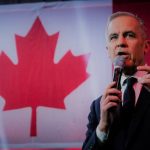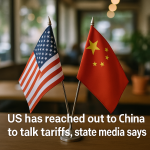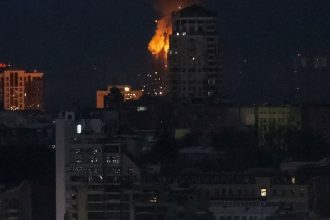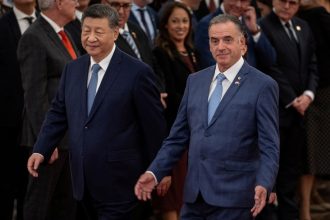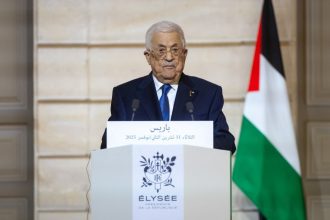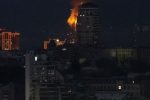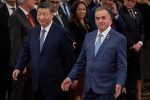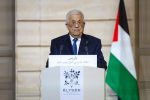In a world weary from conflict, a glimmer of hope emerged from Moscow this week: Russian President Vladimir Putin, through his spokesperson, expressed a willingness to explore peace in Ukraine. But the message came with a note of realism — while the door to diplomacy remains open, the Kremlin says it’s not a door that can be rushed through.
Speaking to reporters on Wednesday, Kremlin spokesperson Dmitry Peskov emphasized that intense behind-the-scenes conversations are underway, particularly involving the United States. However, he cautioned that the Ukraine conflict — now dragging into its fourth year — is deeply rooted and incredibly complex.
“The president is still open to political and diplomatic solutions,” Peskov said. “But we must understand that this isn’t something that can be fixed overnight.”
The war in Ukraine, Europe’s deadliest land conflict since World War II, has claimed countless lives, displaced millions, and shaken global alliances. The U.S. has been eager to see progress, with former President Donald Trump calling for an end to what he described as a “bloodbath.” He’s even claimed that Putin would have seized the entire country if not for him.
But Peskov hinted at frustration, saying that while Washington appears eager for swift results, peace doesn’t come with a stopwatch. “The causes of this war are layered, historical, and emotional,” he explained, adding that Moscow’s goals — whether diplomatic or military — remain unchanged.
President Putin has said he’s willing to talk directly with Ukrainian President Volodymyr Zelenskiy, though Kyiv has yet to respond. At the same time, Russia has signaled symbolic goodwill: a three-day ceasefire in May, aligning with the 80th anniversary of the Soviet Union’s victory over Nazi Germany.
Zelenskiy, however, insists that Russia must take the first step — an unconditional ceasefire — before serious negotiations can begin.
Meanwhile, U.S. Secretary of State Marco Rubio warned that if real proposals don’t materialize soon from both sides, Washington may step back from its mediator role altogether.
While the geopolitical stage remains tense, people around the world watch and wait — hoping that leaders can find the humanity to end the suffering and choose peace over power.

